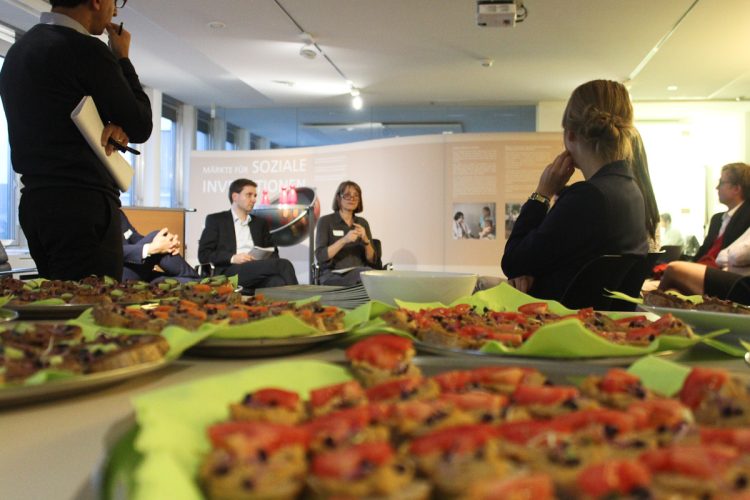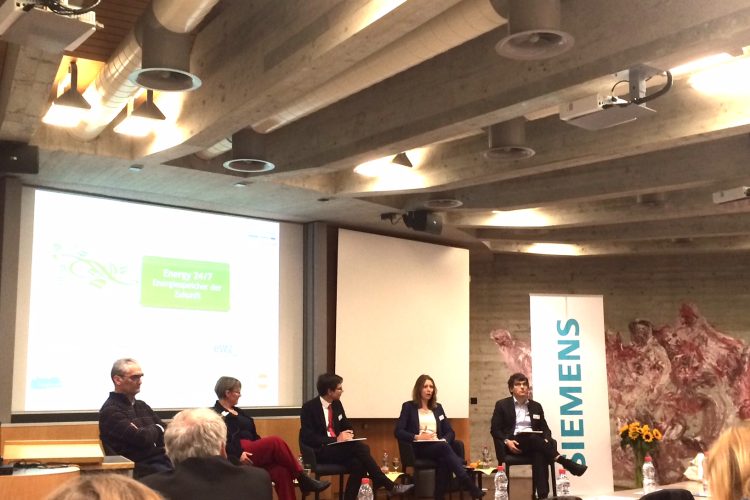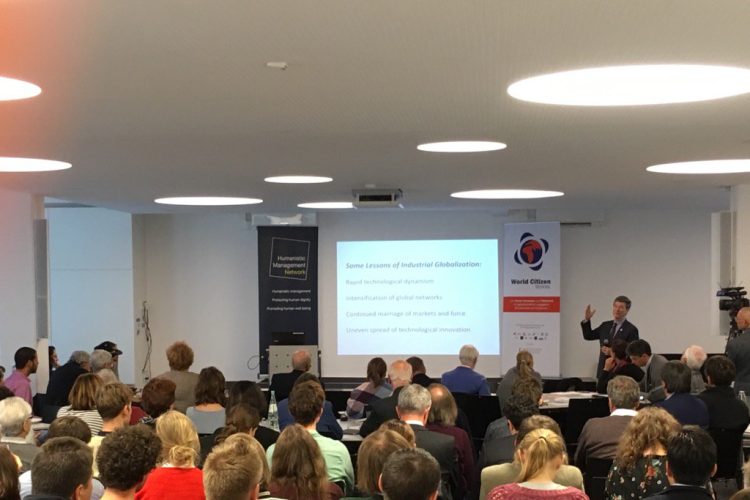oikos Alumni Debate on “Smart Cities” announced The way we live in cities is drastically changing. Under the rubric Smart City innovative technologies rebuild the foundations of housing, mobility...
Leading voices from the Swiss energy sector came together on October 21st at the University of St. Gallen for the annual oikos Conference, hosted and organized by oikos St....
“Waste – valuable source or heap of rubbish?”, join panel discussion organized by oikos Bratislava, on 24.10.2016 at 17:00 in the old building of the University of Economics in room D211....
The weekend of October 21 to 23, french speaking oikos chapters will meet in Brussels for the first edition of the Francophone Meeting. Read more information in French here
Join oikos St Gallen at their oikos & Pizza with a great food waste start up. More information in German here.
In the first meeting of oikos Hamburg’s new event series “oikos discuss & do” everything revolves around the sustainable use of clothing. Read more information in German here
Get to know oikos Hamburg and hear more about oikos projects. Read more about the event in German here
The Winter School “You call it Eco. We call it Common Sense. Sustainability in the Fashion Industry” takes place from 5.-11. March 2017 in Witten. Read more information on...
“The rules of the game need to change. Current management and business education are promoting an economy that works not for 100 % of humanity, but only for the...
What if we could reinvent fashion? What if we could make a shift from “take-make-waste” to a fashion world where the is no waste? What materials would we use?...




